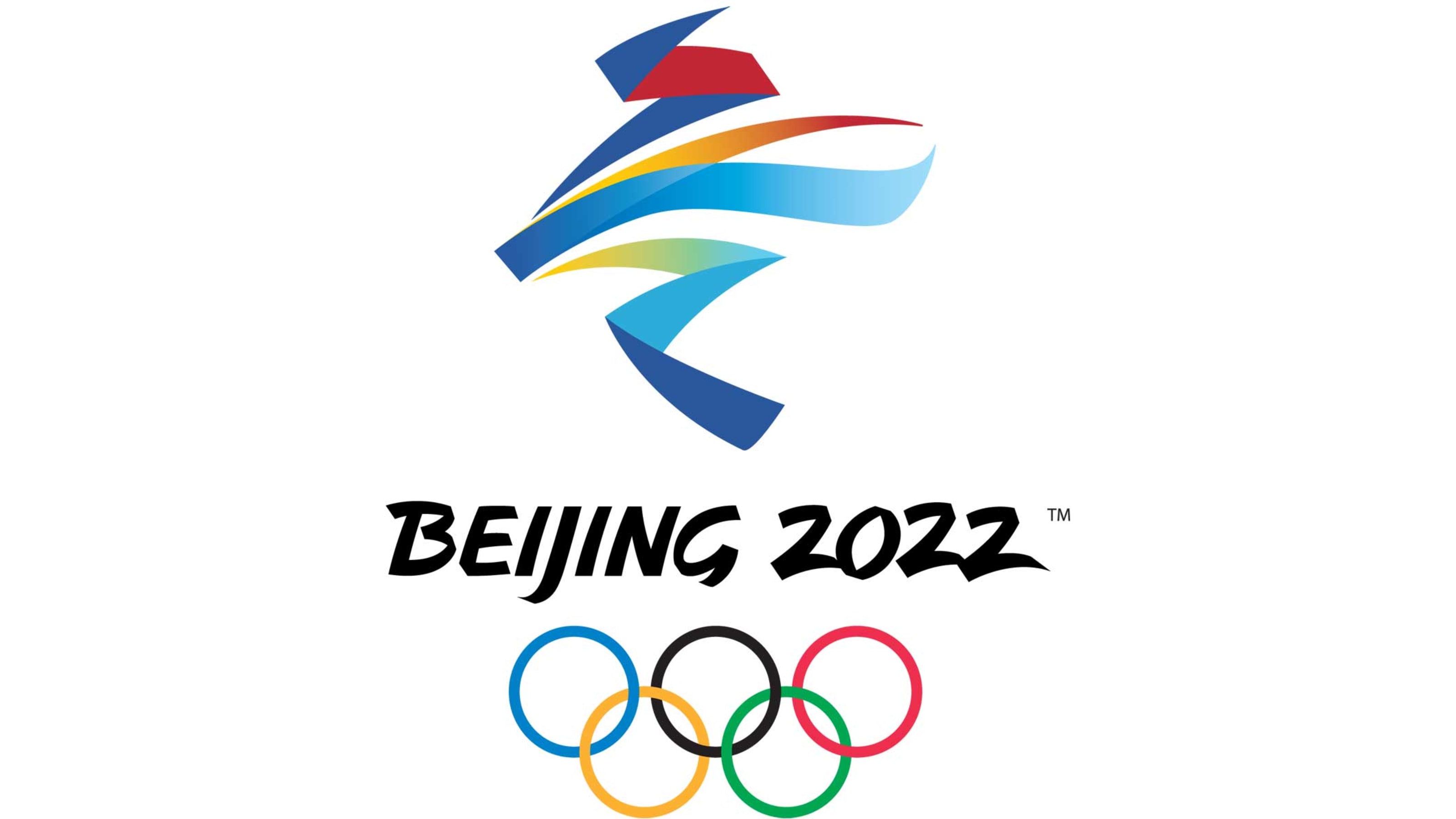Everything about this incident is on expected lines: Beijing continues to push the envelope, and New Delhi continues to be placatory in nature and reactive in practice.
India’s diplomatic boycott of the Winter Olympics Games in Beijing a day before the opening ceremony is typical—a reactive rather than proactive move. Also typical is China’s political decision to present a People’s Liberation Army officer involved in the June 2020 Galwan clashes as the torchbearer. An Indian player, however, is participating in the Games.
Everything about this incident is on expected lines: Beijing continues to push the envelope, and New Delhi continues to be placatory in nature and reactive in practice. The Biden administration had earlier decided not to send any diplomatic or official representation due to China’s “ongoing genocide and crimes against humanity in Xinjiang and other human rights abuses.” Biden’s call for a political boycott of China received support from Canada, the UK, Australia and a few smaller countries.
On 26 November, however, India didn’t oppose China’s hosting of the 2022 Winter Olympic and Paralympic Games. It was only after Chinese media reports informed the world on Wednesday that Qi Fabao, a PLA regiment commander, would be the torchbearer that India decided on pull back. Qi, who was injured in the Galwan clashes, received military honours for his deeds at Galwan.
“It is indeed regrettable that the Chinese side has chosen to politicise an event like Olympics,” said MEA spokesperson Arindam Bagchi, referring to the media reports about Qi. “The Charge d’Affaires of the Embassy of India in Beijing will not be attending the opening or closing ceremony of the Beijing 2022 Winter Olympics.”
Typical diplomatese—“regrettable”, “strongly condemn”, et al. The question to be asked is: why didn’t India politicise the Olympics? To be precise, why don’t we politicise the Games now? We did that earlier. We, like other countries, didn’t play cricket with South Africa when it was under apartheid—and rightly so.
By what moral yardstick do we regard the genocide of Muslim Uyghurs and Buddhist Tibetans less reprehensible than the overt systemic racism prevalent in South Africa earlier? In fact, deplorable as the apartheid regime was, it was still not running concentration camps where lakhs of people were imprisoned. And surely in that era, neither did South Africa grab our territory nor its soldiers bludgeon a score of our braves to death. Among those PLA soldiers, an Olympic torchbearer in yet another snub to Indian sensibilities.
India’s entire approach towards China has, for decades, been blighted with a smorgasbord of ideological fixes—non-alignment, morbid anti-Americanism, an abomination called “strategic autonomy”, appeasement, the anti-business environment at home and fiscal constraints. This is apart from inbuilt establishment complacency and chalta-hai attitude. A large section of the media, which hews to the line taken by the government, makes matters worse. For instance, several news channels continue to thunder how the acquisitions of arms by the Indian military are making Islamabad and Beijing wary and fearful. This, despite the fact that China spends four times more on military than we do. This lulls the general public into a false sense of security.
Perhaps one reason India’s muted response to China’s excesses is that our economy is not just much smaller than our northern neighbour’s but also that we are very weak in manufacturing. We depend critically on Chinese electrical and electronic goods (particularly smartphones), machinery, fertilizers, active pharmaceutical ingredients or APIs, etc. This is despite the restrictions the Narendra Modi government put on Chinese imports.
The recently released Economic Survey 2021-22 boasted about the “supply-side reforms [which] include deregulation of numerous sectors, simplification of processes, removal of legacy issues like ‘retrospective tax’, privatisation, production-linked incentives and so on”. These are welcome steps by Prime Minister Modi, steps that are many decades overdue.
Production-linked incentives are also good. If successful, they can lead to the strengthening of supply chains. It must be mentioned here that the use of the term “supply chains” is somewhat misleading. It seems to suggest that something new is needed, whereas the fact is that here emphasis is on boosting manufacturing.
Unfortunately, manufacturing has been shrinking since 2011-12. Its share in the country’s gross value added (GVA) has come down from 17.4% in 2011-12 to 14.5 per cent in 2020-21. The Survey says, “In 2020-21, the share of manufacturing fell to 14.4 per cent but is expected to improve to 15.3 per cent in 2021-22.”
The optimism may not be grounded in reality. The Survey says, “Among the top ten countries for import origin, China, UAE and USA were the top import sources for India in April-November 2021, with China’s share reducing to 15.5 per cent from 17.7 per cent in corresponding period a year earlier—reflecting increased diversification of India’s import sources.”
The diversification may be a true, and China’s share in overall merchandise imports too may have declined, but imports from China hovered around $100 billion for the first time in calendar year 2021; this was more than the pre-Covid level.
Just as our economic policymakers hope that India’s industrial sector will do better in future, our foreign policy mandarins too feel that China “is expected to improve”. Reality rather than hope must shape the views of the powers that be.
The author is a columnist for The Sunday Guardian.

